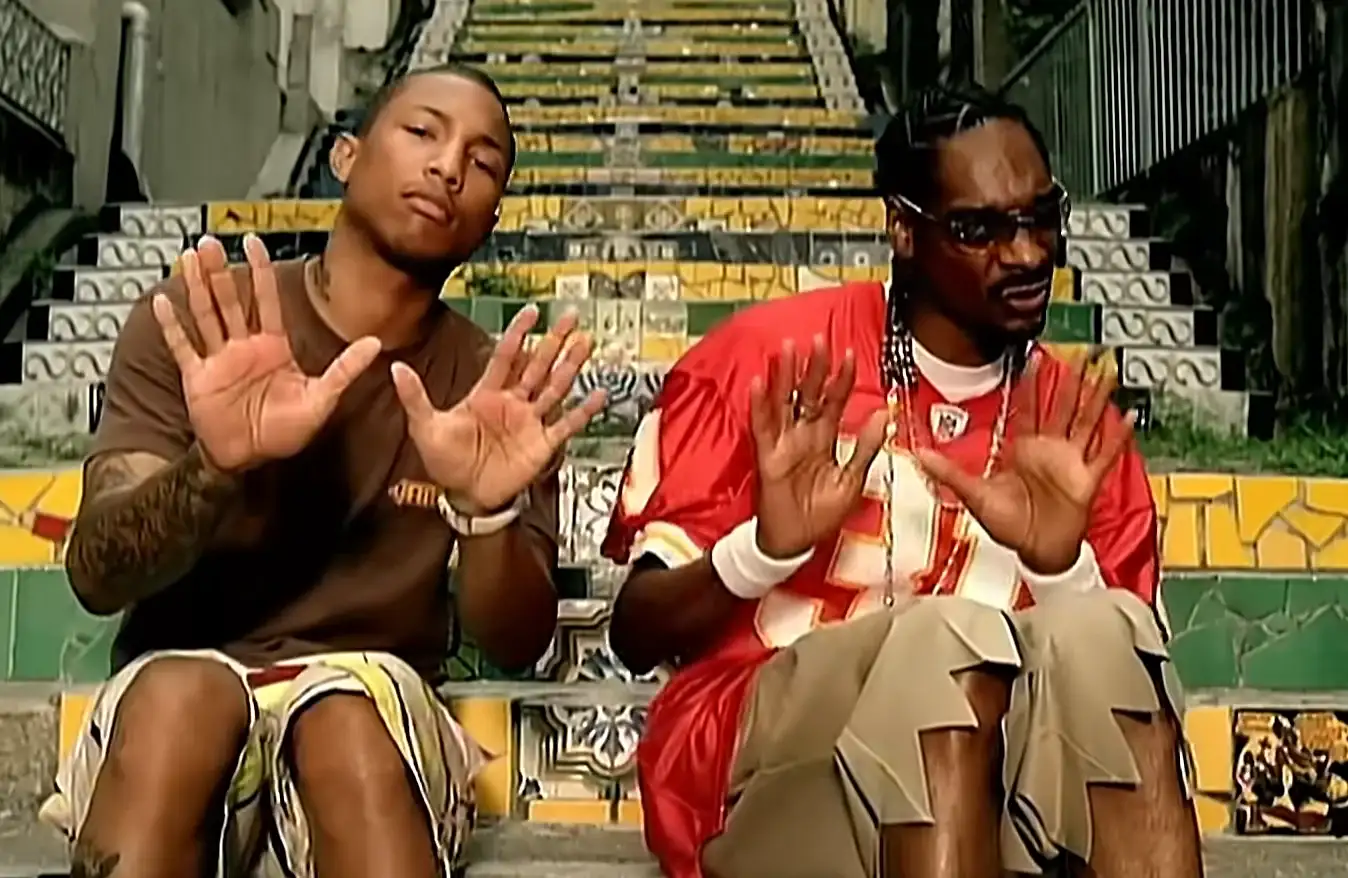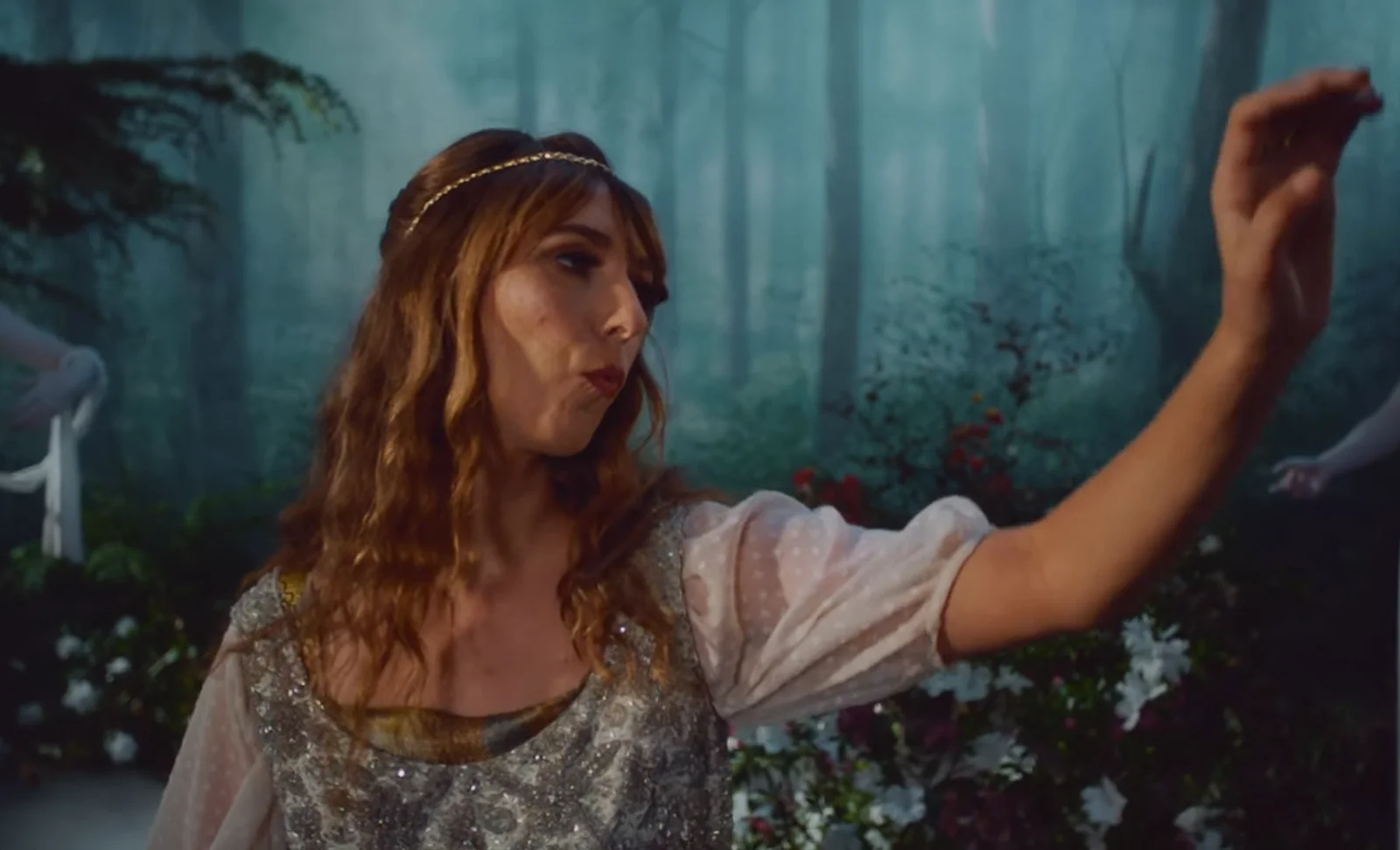Why there are no rules in the music industry
Why there are no rules in the music industry
Time and time again in music I find myself coming up against mental walls.
"It can’t be done like that”, or “it has to be done like that.”
And the more I question these walls, the more interesting the music game becomes.
And the more I realize there are a lot less rules than I thought.
Ideas about how things should be done are subtle and seem to come in from many sources - I’m yet to come across a rulebook which applies across the whole space. Because for nearly every example of a successful artist doing something, I nearly always found a counter example.
Essentially, the whole game is a big experiment. The following “rules” can be starting points to experiment with different strategies. In this way, artists can write their own rulebook that works for them.
“You need to post on social media every day”
Let’s have a look at two contrasting Instagram accounts:
Thesis: Nora en Pure
Antithesis: Unknown Mortal Orchestra
Nora en Pure posts nearly every day + stories. Unknown Mortal Orchestra posts sporadically. Both are successful artists with a worldwide audience.
The takeaway?
Regular posting is definitely beneficial for a whole host of reasons. It is especially beneficial for artists in Growth Mode. But is it the be all and end all of success? Not necessarily - especially if the music is resonating well.

“You need to be releasing music regularly”
Like social posting, artists in 2022 will likely benefit from regular releases if they are in Growth Mode. But some established artists are happy to take their time - Radiohead often take 4-5 years between albums.
Frequency of release is always a balance between quality and quantity. One great album might be all that’s needed for success. Or a single every 3 weeks may get the results an artist is after. Neither is right or wrong, the only way to find out is to try some different approaches.
“Vocals need to be perfectly in tune / pitch corrected”
It’s become the norm for vocals to be heavily tuned in modern music - especially in genres like Bro-Country. And this will resonate with a certain audience. But some artists refuse to use any tuning at all - Chet Faker explained why in this Tape Notes episode, and the classic Snoop Dogg and Pharrell Williams track “Beautiful” has a pitchy topline sung by Williams.
But it’s a vibe. And clearly resonated with audiences.

If a vocal is delivered and mixed well, and is appropriate for the soundscape of the song it’s sitting in, tuning may not be necessary at all. And some artists like Bon Iver break the rule in folk music and use the tool overtly.
For tuning, it comes down to this: what do you prefer? And what will resonate most with your audience? That’s for you to find out.
“Don’t make music in that genre, it’s dead”
If someone told Nothing But Thieves that rock is dead, they didn’t listen, and it has worked out very well for them.
This track by Mongolian artist The Hu features traditional Mongolian instruments and throat singing - an extremely niche genre. And yet at the time of posting this, the video has racked up close to 70 million views.
In another niche, Molly Lewis has created a subgenre of whistling music with a release on Jagjaguwar.

While there are definite large scale trends in musical genres, and it may be beneficial to ride modern waves for emerging artists, if the music is good, and it can get to the right global audience, genre is less of an issue than it was in the past.
Good music practices
For nearly every “rule” in the music industry, a counter-example can almost always be found. But just because there is a counter example, that doesn’t mean it’s necessarily the best way to go about things.
The most important principle I have found so far (which applies across life generally) is very simple: be kind and respectful. The days of off-the-rails rockstars are mostly gone in 2022, and doors are easily closed in the emerging artist space. This principle applies across the real and digital worlds and in my experience is essential.
As we discussed in are analog synths really better than vsts? a great way to define good practices and discover which “rules” are important is to define what matters to you as an artist. Do you want to have millions of followers and perform around the world? Then regular posting and releases are likely an essential strategy. Is the simple creation of music your happy place? Then it’s possible none of these “rules” apply to you.
Like life, the music game is a grand experiment. The rulebook of that experiment is up to you.
Written by Ryan Ferris for Unchained Music.